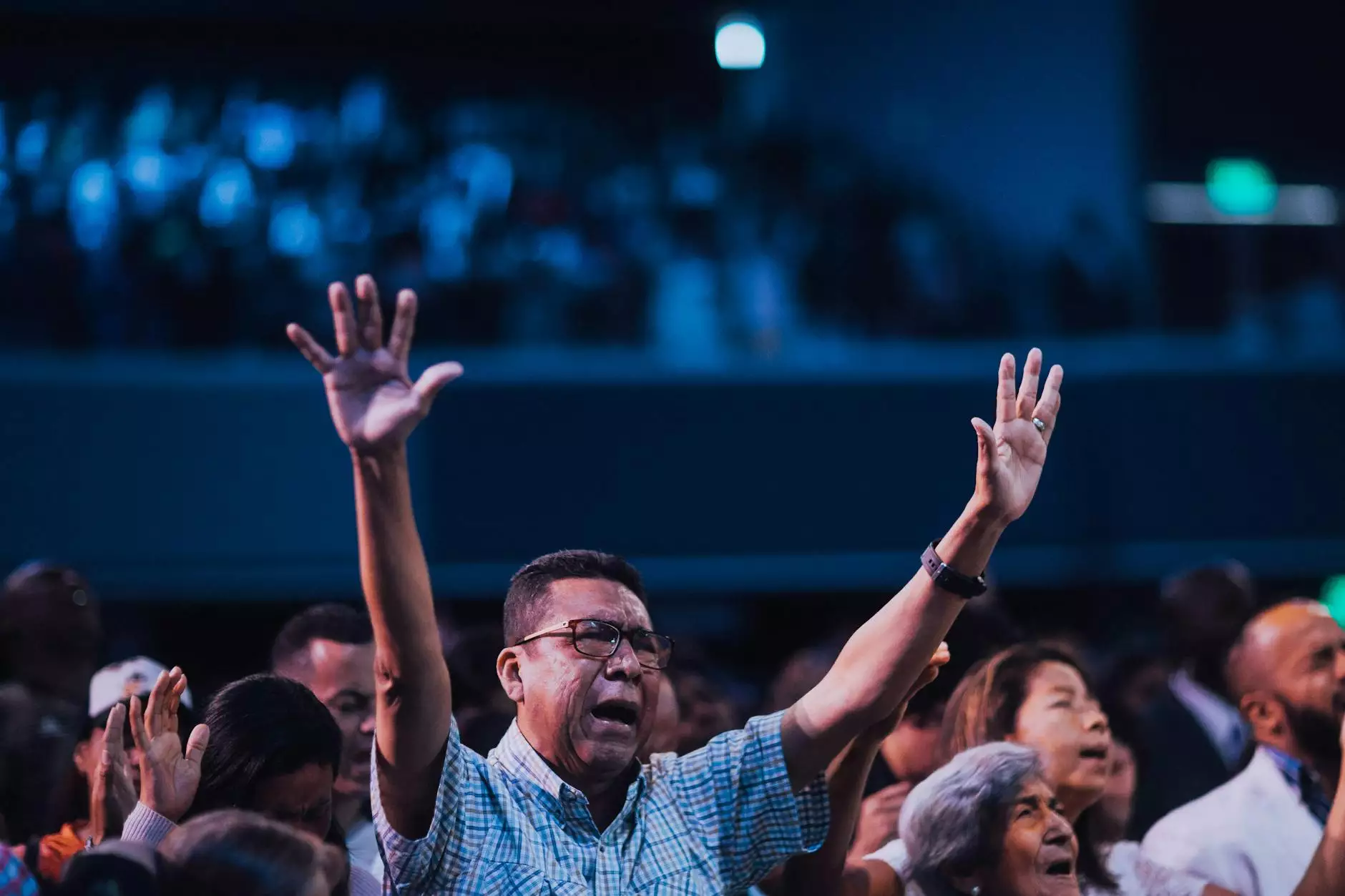Experience the Power and Fellowship of Going to Black Church: A Guide to Spiritual Growth and Community Connection

For many, going to black church is more than a weekly routine; it is a profound journey that nurtures the soul, strengthens community bonds, and fosters social empowerment. Black churches have historically been pillars of faith, resilience, and activism, serving not only as religious sanctuaries but also as centers of cultural pride and social transformation. Understanding the significance of going to black church involves exploring its rich history, dynamic services, community engagement, and its pivotal role in shaping personal and collective identities.
The Historical Significance of Black Churches in America
Black churches in America trace their roots back to the days of slavery when African Americans created their own spiritual spaces to find solace, strength, and a sense of identity amidst oppression. These churches became vital institutions for liberation, providing not only religious guidance but also advocating for civil rights and social justice.
Over the centuries, black churches have evolved into powerful symbols of resilience, cultural heritage, and community empowerment. They have played critical roles during key moments in history such as the Civil Rights Movement, where *going to black church* was an act of collective defiance and hope.
The Rich Traditions and Unique Worship Style
One of the defining features of going to black church is its vibrant, soulful worship experience. Black church services are renowned for their energetic praise, heartfelt singing, spirited dancing, and powerful sermons. This style of worship serves to uplift spirits, foster a sense of unity, and deepen the connection with God.
- Music and Gospel Choirs: Gospel music, with its emotionally charged melodies and lyrics, plays a central role in black church services, inspiring hope and resilience.
- Dynamic Sermons: Pastors deliver sermons that blend biblical teachings with real-life applications, often addressing social issues, personal growth, and community upliftment.
- Prayer and Praise: Collective prayer sessions and spontaneous praise moments reinforce the communal aspect of worship.
This unique approach to worship creates an immersive experience that fosters personal reflection, collective joy, and spiritual renewal.
The Spiritual and Personal Benefits of Going to Black Church
The act of going to black church provides numerous spiritual and personal benefits that go beyond mere attendance. It offers a pathway to:
- Deepened Faith: Regular participation reinforces spiritual beliefs and nurtures a closer relationship with God.
- Hope and Resilience: The uplifting environment helps believers overcome life's challenges with renewed strength.
- Personal Growth: Engaging with sermons and community activities encourages moral development and self-improvement.
- Sense of Identity: Roots in cultural heritage foster pride and a sense of belonging within the wider community.
- Emotional Healing: The communal support and spiritual messages promote healing from personal and collective traumas.
Black Churches as Centers of Community and Social Activism
Black churches have historically been more than places of worship; they are dynamic hubs for community service and social activism. Many congregations actively participate in initiatives that address local needs and promote social justice:
- Educational Programs: Offering tutoring, literacy classes, and mentorship to youth and adults.
- Food Security and Housing: Organizing food drives, helping with housing stability, and supporting economic empowerment.
- Civil Rights Advocacy: Leading campaigns for racial equality, voting rights, and social reform.
- Health Initiatives: Promoting health awareness, vaccination drives, and wellness programs.
In this way, going to black church often signifies participation in a collective effort to uplift the community, embodying faith in action and embodying resilience and hope for positive change.
The Role of Black Churches in Cultural Preservation and Education
Black churches serve as custodians of cultural heritage, preserving music, traditions, and stories that are vital to African American identity. Many churches host events celebrating history, such as Black History Month programs, cultural festivals, and storytelling sessions.
Furthermore, they often provide educational resources, leadership training, and spaces for dialogue about social issues affecting the community. These efforts contribute to fostering a well-informed, empowered congregation committed to ongoing community development.
Why More People Are Discovering the Benefits of Going to Black Church Today
In recent years, there has been a resurgence of interest in going to black church among diverse populations. This trend stems from recognizing the significant role black churches play in nurturing the spirit, fostering community, and advocating for social justice. Additionally, younger generations are drawn to the authentic, vibrant worship experience and the opportunity to participate actively in community efforts.
People seeking spiritual fulfillment, identity affirmation, and community support are increasingly turning to black churches for a sense of belonging and purpose. Many online platforms and social media channels emphasize stories of transformation and community impact, further inspiring new visitors and regular attendees alike.
How to Engage with Black Churches and Maximize Your Experience
For those interested in exploring going to black church, here are some practical tips for engaging meaningfully:
- Attend Regularly: Consistent participation helps develop a deeper understanding of traditions and community bonds.
- Participate Actively: Join choir, volunteer for community programs, or serve on committees to foster connection and service.
- Learn About the History: Understanding the historical context enriches your appreciation of the church’s significance.
- Build Relationships: Engage with congregation members, attend social events, and foster genuine relationships.
- Embrace the Worship Style: Be open to the expressive style of worship, which is integral to the experience.
This approach helps newcomers not only to attend but to truly become part of the vibrant church community.
Conclusion: The Transformative Power of Going to Black Church
Going to black church embodies more than religious practice; it symbolizes a tradition of resilience, cultural pride, and unwavering faith. Black churches continue to serve as vital institutions that nurture the spirit, advance social justice, and build a supportive community network. Whether you're seeking spiritual renewal, community involvement, or cultural connection, embracing the experience of black church can lead to profound personal growth and a sense of collective purpose.
At bridgechurchnyc.com, we celebrate and support the mission of black churches as nurturers of faith and community. We invite you to explore the rich traditions, powerful worship, and community-driven initiatives that make black churches an essential part of American spiritual and cultural life.
Experience the joy, hope, and resilience that come with going to black church. Discover why millions hold this tradition close to their hearts and how it can inspire your own journey of faith and community service.









